10 Top Consumer Discretionary ETFs to Buy
Consumer discretionary stocks and exchange-traded funds (ETFs) have been among the most closely watched area of the market this year.


Profit and prosper with the best of Kiplinger's advice on investing, taxes, retirement, personal finance and much more. Delivered daily. Enter your email in the box and click Sign Me Up.
You are now subscribed
Your newsletter sign-up was successful
Want to add more newsletters?

Delivered daily
Kiplinger Today
Profit and prosper with the best of Kiplinger's advice on investing, taxes, retirement, personal finance and much more delivered daily. Smart money moves start here.

Sent five days a week
Kiplinger A Step Ahead
Get practical help to make better financial decisions in your everyday life, from spending to savings on top deals.

Delivered daily
Kiplinger Closing Bell
Get today's biggest financial and investing headlines delivered to your inbox every day the U.S. stock market is open.

Sent twice a week
Kiplinger Adviser Intel
Financial pros across the country share best practices and fresh tactics to preserve and grow your wealth.

Delivered weekly
Kiplinger Tax Tips
Trim your federal and state tax bills with practical tax-planning and tax-cutting strategies.

Sent twice a week
Kiplinger Retirement Tips
Your twice-a-week guide to planning and enjoying a financially secure and richly rewarding retirement

Sent bimonthly.
Kiplinger Adviser Angle
Insights for advisers, wealth managers and other financial professionals.

Sent twice a week
Kiplinger Investing Weekly
Your twice-a-week roundup of promising stocks, funds, companies and industries you should consider, ones you should avoid, and why.

Sent weekly for six weeks
Kiplinger Invest for Retirement
Your step-by-step six-part series on how to invest for retirement, from devising a successful strategy to exactly which investments to choose.
Consumer discretionary stocks and exchange-traded funds (ETFs) have been among the most closely watched area of the market this year. That’s because consumer spending, and the health of the economy broadly, are up in the air.
Consider the words of Brad Sorenson, Charles Schwab’s managing director of market and sector analysis: “The outlook for American consumer spending appears to us to be solid, with consumer confidence still strong, a tight labor market and wages trending higher. However, spending on traditional retail items has been cautious and competition among retailers may limit profitability, while recent softening in auto sales and housing is worth paying attention to.”
To wit, consumer spending in January (reporting was delayed because of the government shutdown) recovered less than expected, sparking worries among economists. But investors have been undeterred. Consumer discretionary stocks are the second-best performing sector on Wall Street this year (+18.6%), lagging only technology (+23.4%).
Here are 10 of the best consumer discretionary ETFs to buy if you’re still optimistic about the American economy and consumer, and want to strike while the iron remains hot. These funds hold dozens if not hundreds of consumer stocks, allowing you to defray risk while investing in various slices of this consumer sector.
Data is as of April 10.
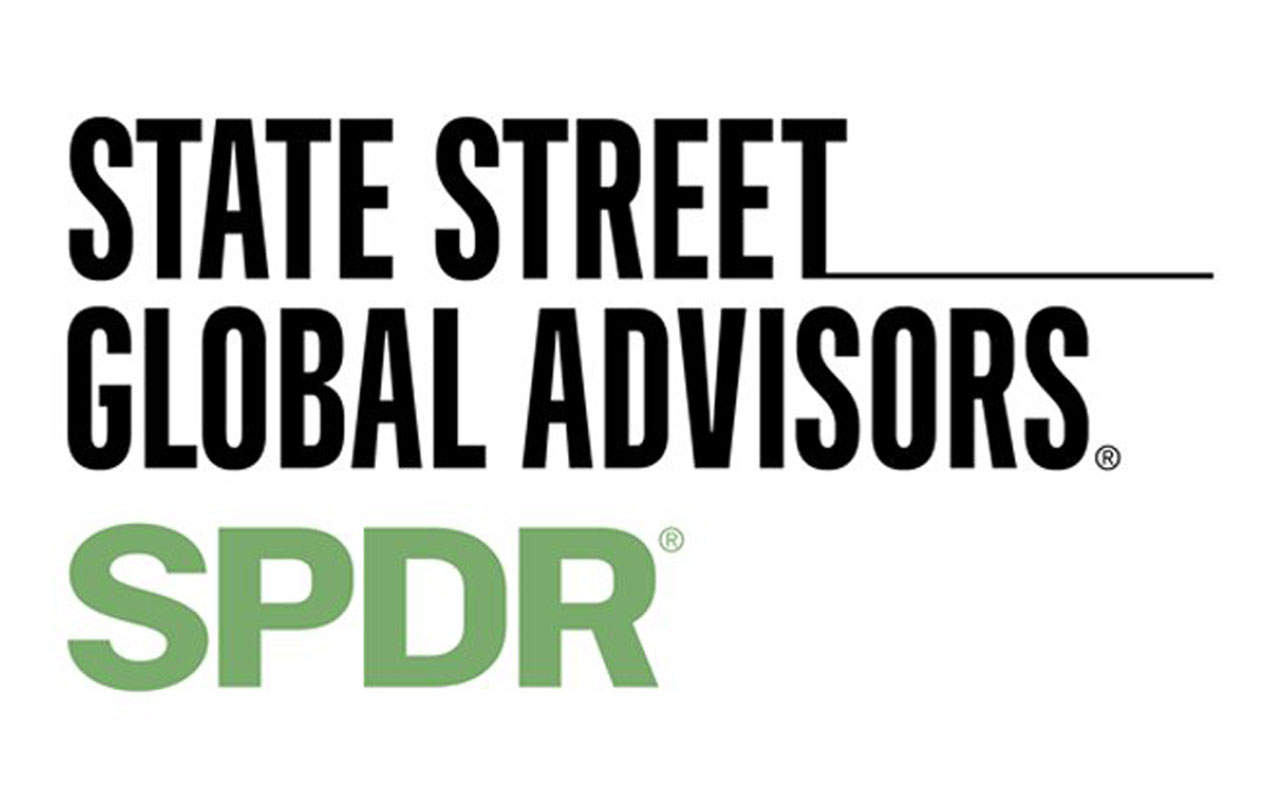
Consumer Discretionary Select Sector SPDR Fund
- Market value: $13.4 billion
- Expenses: 0.13%
The largest of the U.S.-listed consumer discretionary ETFs with $12.7 billion, The Consumer Discretionary Select Sector SPDR Fund (XLY, $117.44) is not only the largest consumer discretionary ETF at $13.4 billion in assets; it’s also one of the 100 biggest ETFs in America, providing inexperienced investors with a relative sense of security.
The XLY represents the consumer discretionary stocks of the Standard & Poor’s 500-stock index. At present, that’s 64 stocks with a median average market cap of $15.2 billion. The smallest company in the index, Mattel (MAT), still is in mid-cap territory at $4.7 billion. In short, this is a fund filled mostly with large, blue-chip stocks.
Like the rest of the SPDR sector funds, XLY is cap-weighted, which means the larger the company’s market capitalization (or market value), the larger its position in the portfolio. As a result, $908 billion Amazon.com (AMZN) represents up a whopping 24% of the fund’s assets – a great thing if you believe in the future of e-commerce.
The top 10 holdings are a who’s who of companies benefiting from growing American discretionary spending. As the consumer goes, so goes the XLY.
Lastly, it’s cheap, at 13 cents for every $100 invested. That’s not bad for a product that has delivered a roughly 9% average annual return since inception 20 years ago in December 1998 through February 2019.
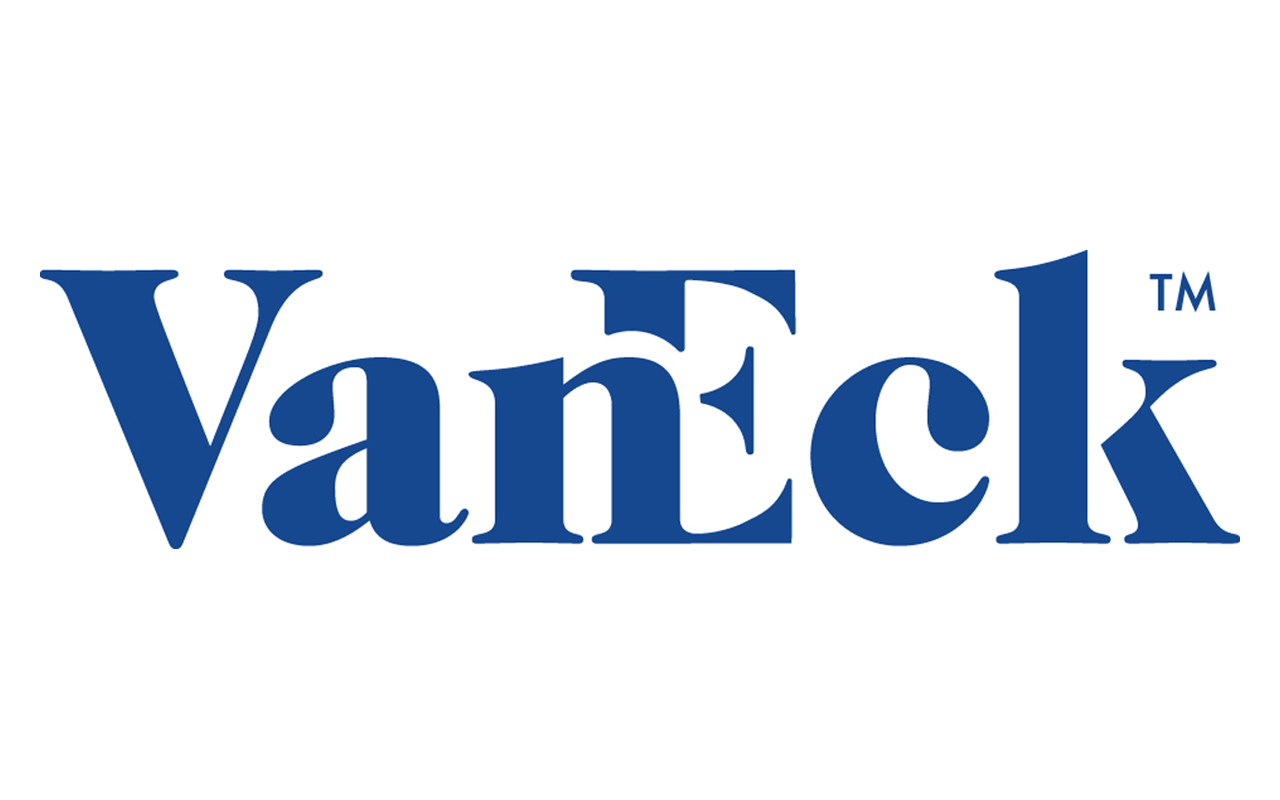
VanEck Vectors Retail ETF
- Market value: $76.9 million
- Expenses: 0.35%
The VanEck Vectors Retail ETF (RTH, $106.54) is a more focused ETF that holds only retail stocks, which results in a smaller portfolio of just 25 large-cap stocks.
RTH’s top 10 holdings – which include the likes of Amazon, Home Depot (HD) and Walmart (WMT) – aren’t much different than the XLY, but they do hold more sway; its top 10 account for about 70% of the ETF’s roughly $80 million in assets, versus about 60% for the XLY.
However, the other difference between VanEck’s product and SPDR’s is that the former is just two-thirds invested in consumer discretionary stocks, while also holding consumer staples (25%) and health care (9%) companies. If you’re the type of investor that believes a little defense isn’t a bad thing, the consumer staples exposure should help you sleep better at night.
In business since December 2011, RTH has delivered an annual total return of 16.7% through the end of February.
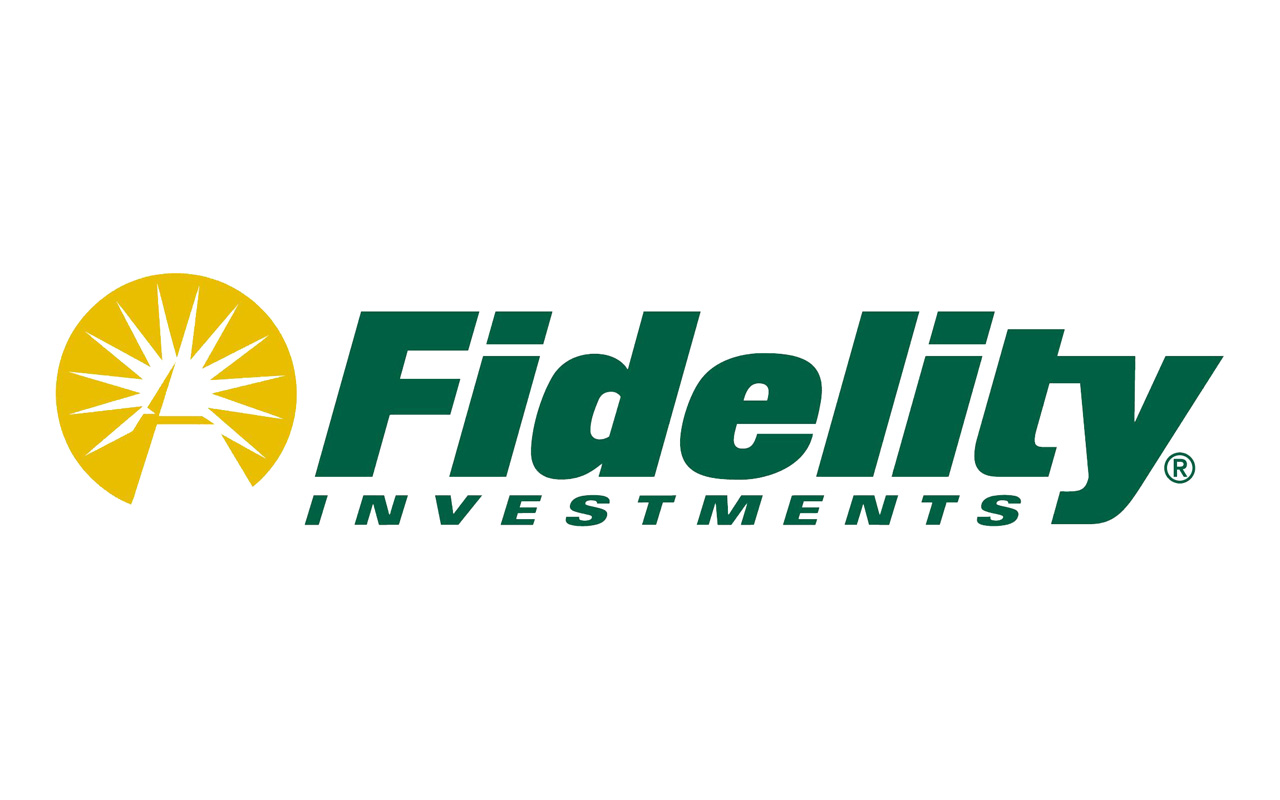
Fidelity MSCI Consumer Discretionary Index ETF
- Market value: $676.6 million
- Expenses: 0.08%
If thrifty is your middle name, Fidelity has the ETF for you.
The Fidelity MSCI Consumer Discretionary Index ETF (FDIS, $45.25) charges a mere 8 basis points (a basis point is one one-hundredth of a percent) – that’s 5 basis points less than the already cheap XLY.
FDIS tracks the MSCI USA IMI Consumer Discretionary Index. The index selects companies using the Global Industry Classification Standard (GICS), weighting the companies by market cap. The ETF currently holds more than 290 stocks, with the top 10 – including Amazon, Home Depot, McDonald’s (MCD) and Nike (NKE) – accounting for about 54% of assets. Again, AMZN stock is an overwhelming holding at a quarter of the fund’s weight.
That said, while FDIS is considered a large-cap growth ETF, it does have a roughly 15% weight in mid-caps, 6% in small caps and roughly 3% in stocks that are less than $300 million in size. Amazon’s heft makes “Internet & Direct Marketing Retail” its largest industry holding, but “Specialty Retail” (22%) and “Hotels Restaurants & Leisure” (19%) are well-represented, too.
In addition to a tiny fee, Fidelity’s ETF has a low turnover rate of 5%. This means its entire portfolio turns over once every 20 years. Why does this matter? ETFs have to pay to buy and sell stocks, just like you and I, so the lower the turnover, the less fees can drag on the fund’s performance.
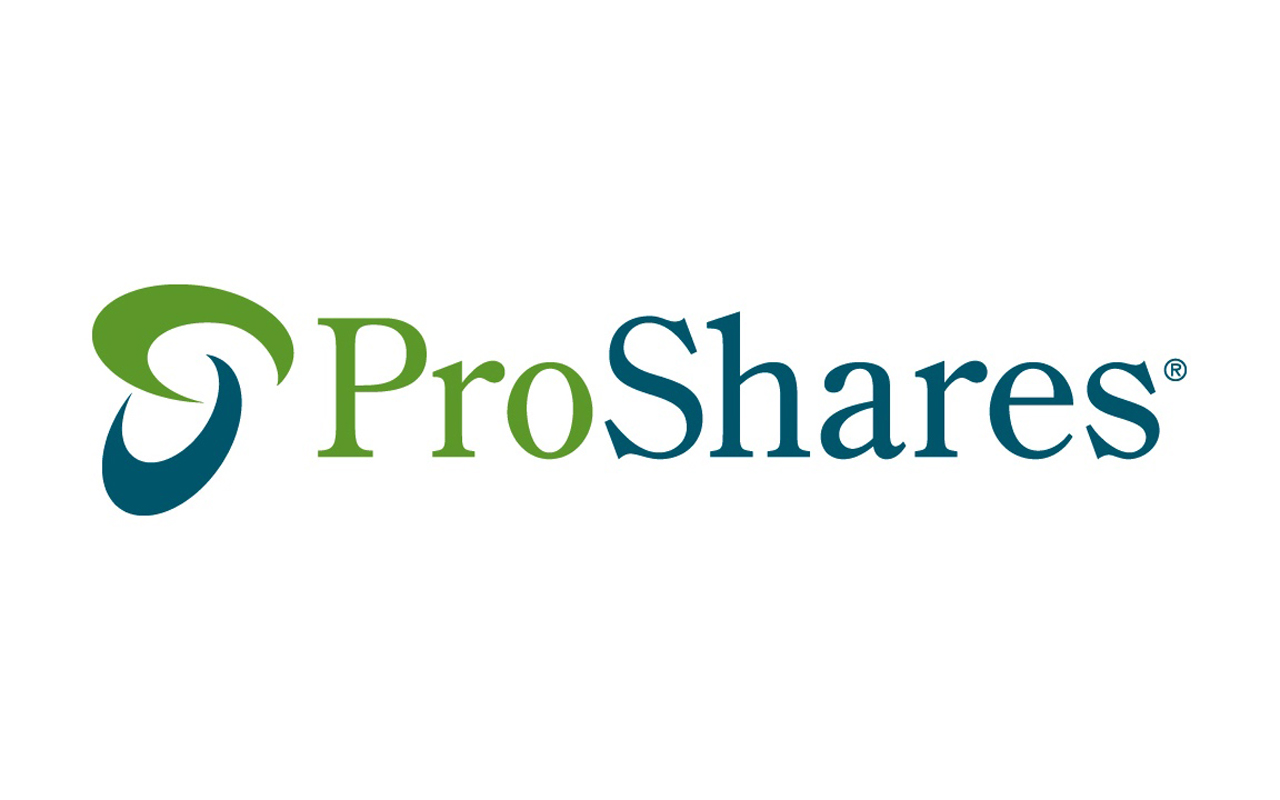
ProShares Online Retail ETF
- Market value: $24.7 million
- Expenses: 0.58%
As this analysis shows, it’s difficult to talk about consumer discretionary ETFs without mentioning Amazon, the online industry’s star company. That goes double for the ProShares Online Retail ETF (ONLN, $38.59), which invests in retailers that mostly sell online.
ONLN is a young fund that came to life in July 2018, but Inside ETFs already named it one of its “Hidden Gems of 2019.” The fund has just 20 holdings, making it the most focused of all U.S.-listed consumer discretionary ETFs. Its components must have a market cap of at least $500 million, a six-month daily average volume of at least $1 million, and certain other requirements to qualify for inclusion. It’s rebalanced monthly and reconstituted annually in June. No stock may account for more than 24% of the total portfolio – Amazon is, unsurprisingly, the top holding at 24% – and non-U.S. stocks can’t represent more than 25% of the fund.
ONLN is part of ProShares’ trio of ETFs focusing on retail disruption. The ProShares Decline of the Retail Store ETF (EMTY) gives investors an opportunity to short brick-and-mortar retailers and the ProShares Long Online/Short Stores ETF (CLIX) provides long positions in online companies and short positions in retailers that primarily generate revenue from physical stores.
Why such a focus on e-commerce? Because online sales currently account for approximately 10% of global retail sales, so it’s a decent market already – and analysts expect that to double in just 11 years.
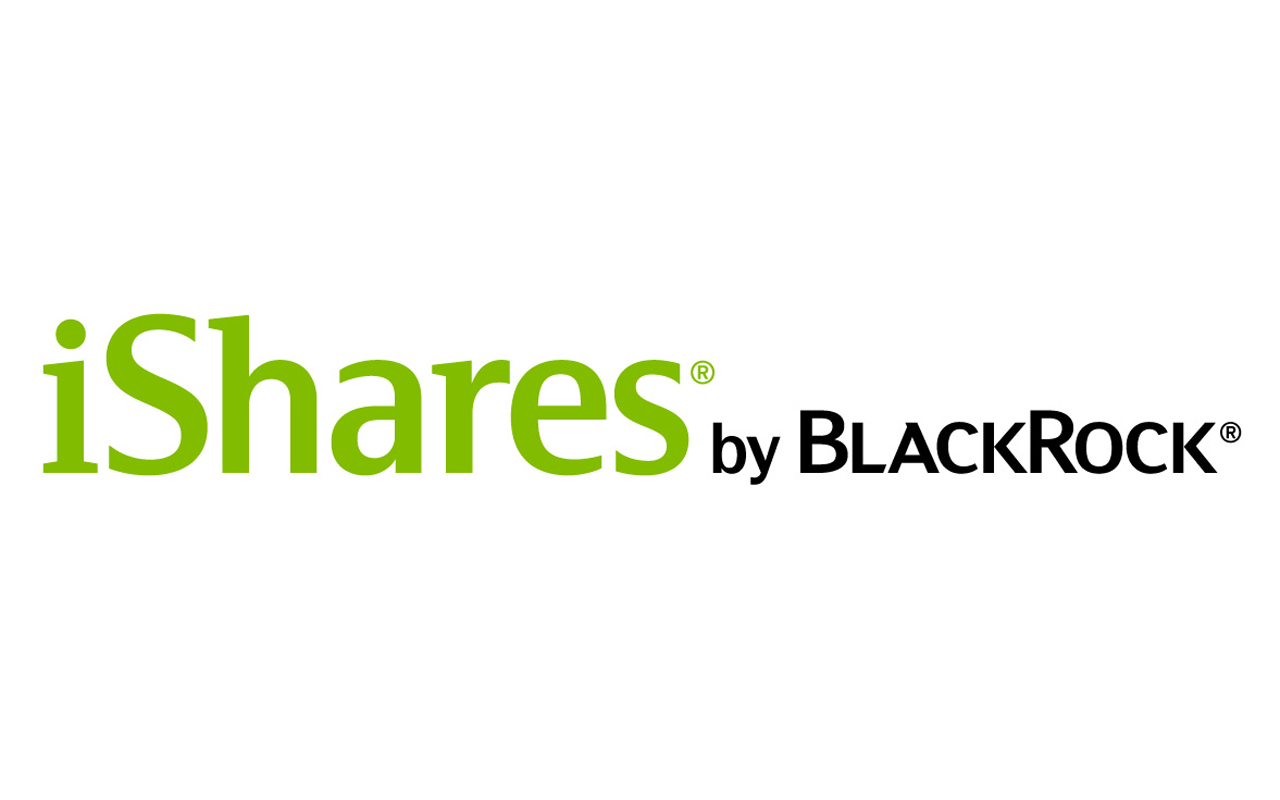
iShares Evolved U.S. Discretionary Spending ETF
- Market value: $5.7 million
- Expenses: 0.18%
The iShares Evolved U.S. Discretionary Spending ETF (IEDI, $28.51) is another fresh face that celebrated its first birthday on March 21.
This is an intriguing option that’s dangling a low expense ratio of 0.18% to attract investors. The managers of the fund use a proprietary classification system (which it uses across several Evolved ETFs) that relies on machine learning and natural language processing to evaluate consumer discretionary companies. In short, it’s accessing 10-K’s and other publicly accessible data to look for business models that are evolving and changing with the times.
IEDI invests in market caps of all sizes, but for all intents and purposes, it’s a large-cap growth fund that has 79% of its assets invested in large companies. Any single industry is capped at 25% of the overall portfolio.
The big difference you’ll notice between IEDI and its competition is that while Amazon is the biggest weighting, it only makes up 9.5% of the ETF’s portfolio. It cuts both ways – while it does reduce single-stock risk, you’re also less exposed to one of the most explosive retail companies on the planet. Time will tell whether this “underweight” will benefit IEDI.
Other top holdings include Costco (COST) and Apple (AAPL).
Retailers make up 44% of the ETF, followed by consumer services (16%) and food/staples retailers (14%).
One risk to point out is the fund’s mere $6 million in assets under management. ETFs with less than $10 million in AUM often are considered at risk for closure, as they don’t make enough money to warrant keeping them open. So if the fund doesn’t grow in popularity over the next few years, there is a possibility that the ETF will be shut down.
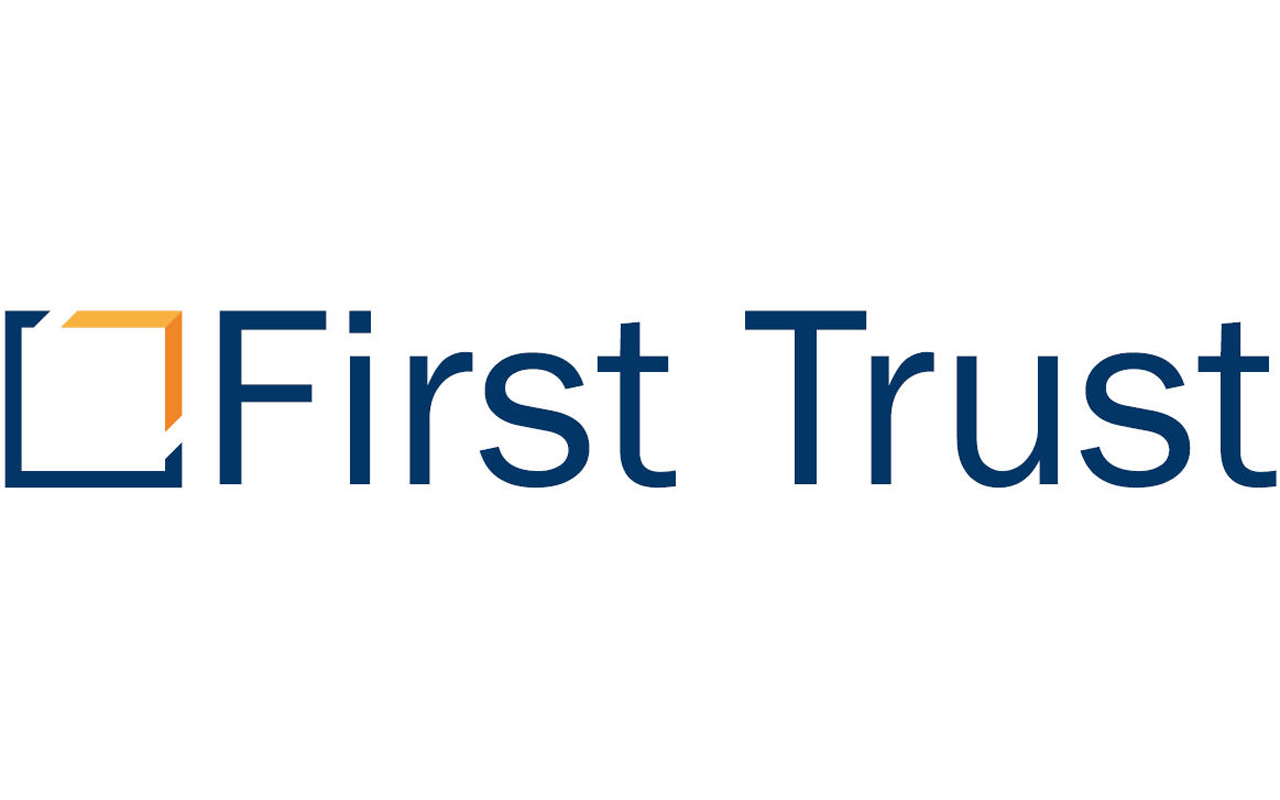
First Trust Nasdaq Global Auto Index Fund
- Market value: $19.7 million
- Expenses: 0.70%
The First Trust Nasdaq Global Auto Index Fund (CARZ, $34.74), which yields nearly 3% in dividends, should be of interest to income investors.
Yes, auto sales peaked in 2017, but cars and trucks will continue to be bought and leased. The companies that make these vehicles, if managed competently, still should be able to make reasonable profits in a slightly less robust sales environment. If so, CARZ should be productive.
CARZ tracks the Nasdaq OMX Global Auto Index, which is made up entirely of auto manufacturers. Components must have a three-month average daily volume of $1 million and a market cap of at least $500 million to be eligible for this index. The portfolio is reconstituted annually and rebalanced quarterly.
No stock can represent more than 8% of the fund. Further, once it has five stocks at 8%, the remaining stocks are capped at 4%, with the ultimate weighting based on the size of the company. The larger the company, the larger the weighting. The ETF has a 16% turnover which is reasonably low.
With a total of 34 holdings, you’re getting a small stake in most of the world’s motorized vehicle manufacturers. The five stocks at the 8% weighting: Daimler (DMLRY), Toyota (TM), General Motors (GM), Honda (HMC) and Volkswagen (VLKAY) preferred shares.
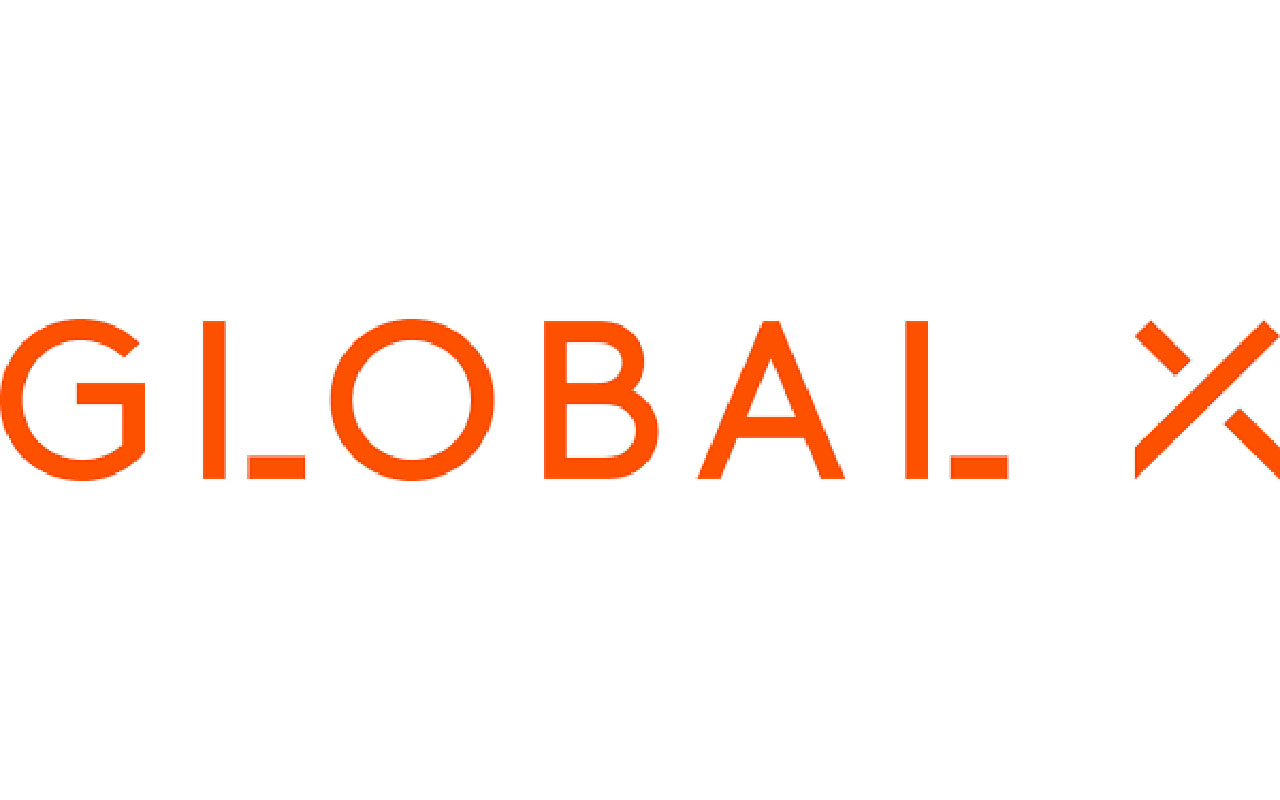
Global X MSCI China Consumer Discretionary ETF
- Market value: $164.4 million
- Expenses: 0.65%
If you want to ride consumer discretionary stocks, but are worried about home-country bias, consider an ETF that focuses on China – soon to be the world’s largest economy.
The Global X MSCI China Consumer Discretionary ETF (CHIQ, $17.33) holds large- and mid-cap Chinese consumer discretionary stocks. This index fund tracks the MSCI China Consumer Discretionary 10/50 Index, a subset of the MSCI China Index. The average market cap is almost $20 billion, with large caps accounting for all but 7% of the holdings; mid-caps fill in the remainder.
Although it’s not cheap at 0.65% annually, the access gained to some of China’s consumer discretionary growth stocks makes CHIQ’s management expense ratio a reasonable one. Hence the ETF’s $164 million in total net assets, which is a decent amount for any fund that isn’t a wide-market behemoth such as the SPDR S&P 500 Trust ETF (SPY).
Chinese online retailing giant Alibaba (BABA, $178.32) is the largest holding of the fund’s roughly 50 stocks, at 8.9%, and is joined by the likes of e-commerce competitor JD.com (JD), travel site Ctrip.com International (CTRP) and Yum China Holdings (YUMC). All told, the top 10 holdings make up about 59% of CHIQ’s weight.
Since inception in November 2009, Global X’s ETF has delivered an annualized total return of just 2.3% – a mediocre performance for sure. But the 21st century is increasingly looking like China’s time to shine. CHIQ should end up reflecting that.

iShares Global Consumer Consumer Discretionary ETF
- Market value: $210.5 million
- Expenses: 0.47%
If you want to broaden your horizons past just one country, consider the iShares Global Consumer Discretionary ETF (RXI, $116.98). This collection of about 150 stocks includes a nearly 61% weighting in American companies, 15% in Japanese firms, 7% in French stocks and a smattering across several other developed-market countries.
All but 13% of the portfolio is invested in large-cap stocks. An interesting aspect of RXI is that almost 20% of RXI’s assets are dedicated to the automotive sector. If you’re not comfortable with CARZ, this ETF gives you exposure to all five of CARZ’s top holdings while also holding other auto-related businesses that aren’t vehicle manufacturers.
This will sound like a broken record, but Amazon is the largest holding at nearly 19%, which is more than thrice second-biggest holding Home Depot at 5.5%.
If you invested $10,000 in RXI a decade ago, right around the time stocks had bottomed after the recession, you’d have almost $45,000 today – a compound annual growth rate of 16.2%. At 0.46%, the performance hasn’t come cheap … but investors haven’t been gouged, either.
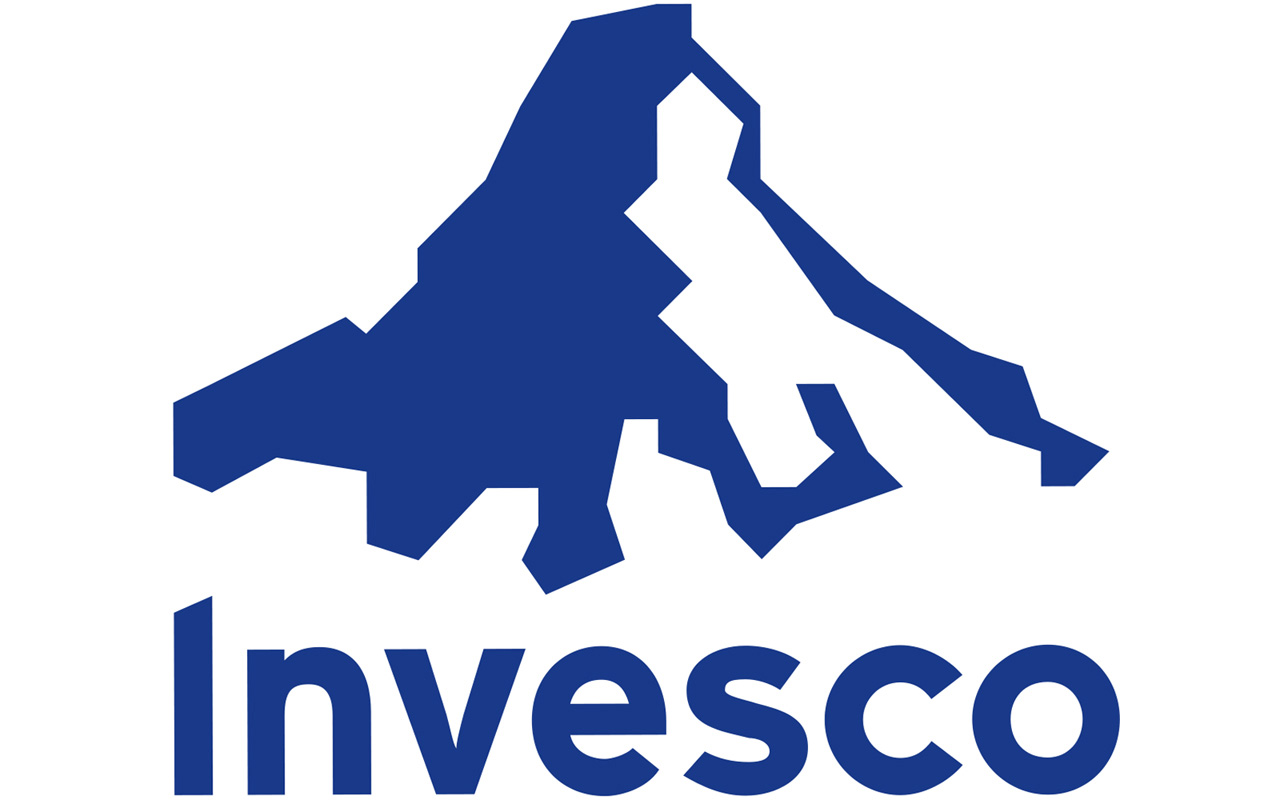
Invesco S&P 500 Equal Weight Consumer Discretionary ETF
- Market value: $112.8 million
- Expenses: 0.40%
The Invesco S&P 500 Equal Weight Consumer Discretionary ETF (RCD, $107.46) stands out because of that “equal weight” part of its moniker.
Most consumer discretionary ETFs (like several we’ve mentioned) have Amazon at a weighting of 20% or more. However, Invesco’s equal-weighted ETF – which holds the same 64 S&P 500 consumer discretionary stocks that the XLY does – rebalances all its holdings every quarter so that each stock has the same weight (approximately 1.5%).
The upside is that if any one stock implodes, it won’t have an outsize effect on RCD’s performance. The downside is that if, say, Amazon goes on another big run, this Invesco ETF will continue to take profits each quarter and rebalance back to a smaller weight in AMZN. Thus, if you’re an Amazon fan, you’ll either want to hold its stock in addition to RCD … or just look into another more AMZN-friendly fund.
Something to keep in mind: The S&P 500 Equal Weight Consumer Discretionary Index (the index RCD tracks) outperformed the S&P 500 from 2009 to 2013; the S&P 500 then flipped the script and has outperformed in every year since.
Why is that important?
Experts have raised the possibility of a possible recession in late 2019 or more likely in 2020, if at all. Experience tells us that consumer discretionary stocks tend to outperform in the first few years after a recession until other sectors of the economy have a chance to catch up. Should a recession occur, the truly diverse RCD could be a great way to invest in its aftermath.

Invesco S&P SmallCap Consumer Discretionary ETF
- Market value: $81.0 million
- Expenses: 0.29%
Selecting ETFs for a diversified portfolio can be a daunting task. How many ETFs are the right amount? What size of company makes sense? Geography, sector, alternative, the list goes on.
Thus, the idea of adding a small-cap ETF to the consumer discretionary mix probably feels like overkill.
But large caps won’t always be the best performers. Sure, large caps dramatically outperformed smaller companies last year. But from the start of 2009 to the end of 2018, large-cap stocks generated an annualized total return of 13.0%. In the same period, small-cap stocks had an annualized total return of 15.0%.
Investing is all about developing a team of stocks or ETFs that complement each other. So, if you own a broad large-cap ETF such as an S&P 500 tracker, but want separate exposure to consumer discretionary stocks, the Invesco S&P SmallCap Consumer Discretionary ETF (PSCD, $62.25) makes a good deal of sense.
PSCD tracks the S&P SmallCap 600 Capped Consumer Discretionary Index, a subset of the S&P SmallCap 600 Index. The index invests in businesses that are generally cyclical. Areas of exposure include specialty retail, household durables, leisure products, luxury goods and more.
Of the top 10 holdings, investors may be familiar with at least half of the stocks, including the likes of Roomba maker iRobot (IRBT), shoemaker Steve Madden (SHOO) and fast-casual restaurant Wingstop (WING).
PSCD has averaged annualized total returns of nearly 11% since inception in April 2010, and its 0.29% in annual expenses won’t break the bank. The ETF hasn’t been through a recession yet, but the long-term prognosis for small-cap stocks remains positive.
Profit and prosper with the best of Kiplinger's advice on investing, taxes, retirement, personal finance and much more. Delivered daily. Enter your email in the box and click Sign Me Up.

Will has written professionally for investment and finance publications in both the U.S. and Canada since 2004. A native of Toronto, Canada, his sole objective is to help people become better and more informed investors. Fascinated by how companies make money, he's a keen student of business history. Married and now living in Halifax, Nova Scotia, he's also got an interest in equity and debt crowdfunding.
-
 5 Vince Lombardi Quotes Retirees Should Live By
5 Vince Lombardi Quotes Retirees Should Live ByThe iconic football coach's philosophy can help retirees win at the game of life.
-
 The $200,000 Olympic 'Pension' is a Retirement Game-Changer for Team USA
The $200,000 Olympic 'Pension' is a Retirement Game-Changer for Team USAThe donation by financier Ross Stevens is meant to be a "retirement program" for Team USA Olympic and Paralympic athletes.
-
 10 Cheapest Places to Live in Colorado
10 Cheapest Places to Live in ColoradoProperty Tax Looking for a cozy cabin near the slopes? These Colorado counties combine reasonable house prices with the state's lowest property tax bills.
-
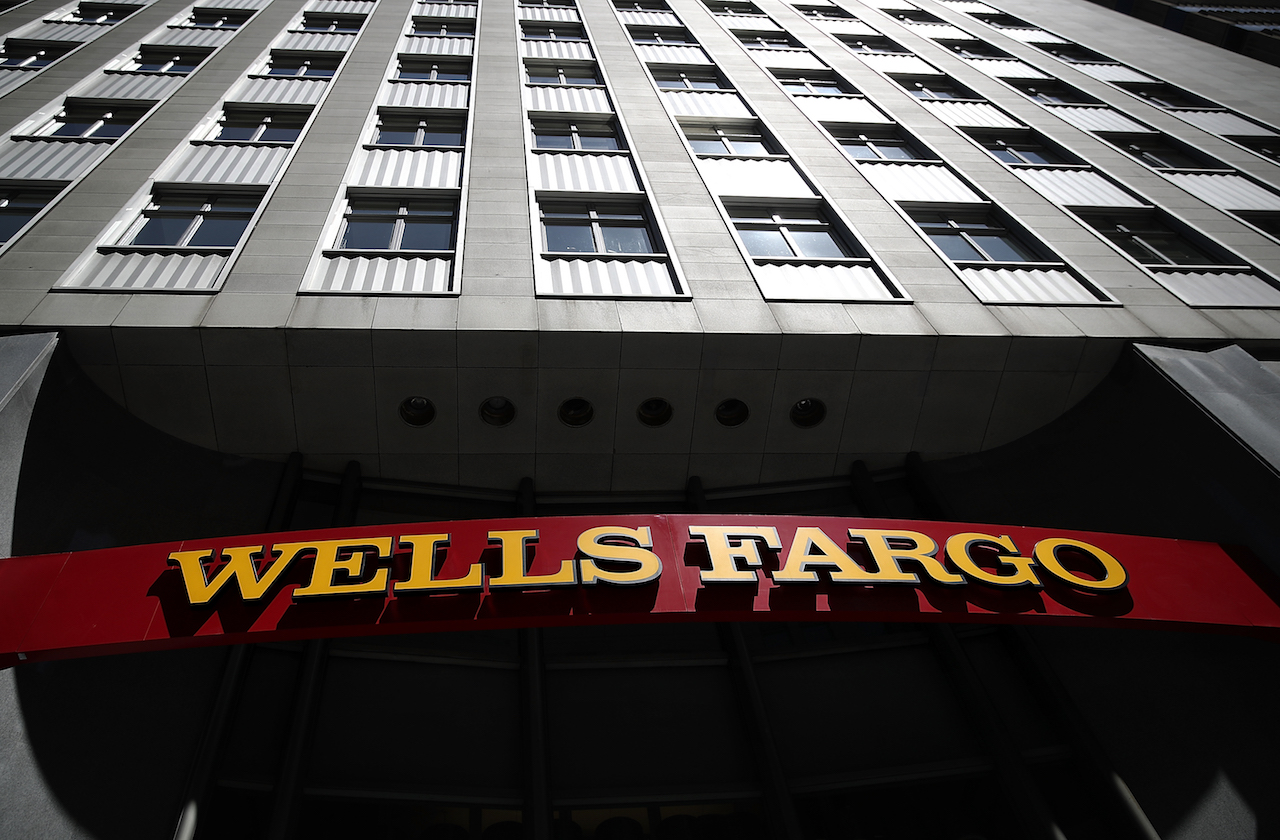 Why Wells Fargo's Revenue Miss Isn't Worrying Wall Street
Why Wells Fargo's Revenue Miss Isn't Worrying Wall StreetWells Fargo is one of the best S&P 500 stocks Wednesday even after the big bank's top-line miss. Here's what you need to know.
-
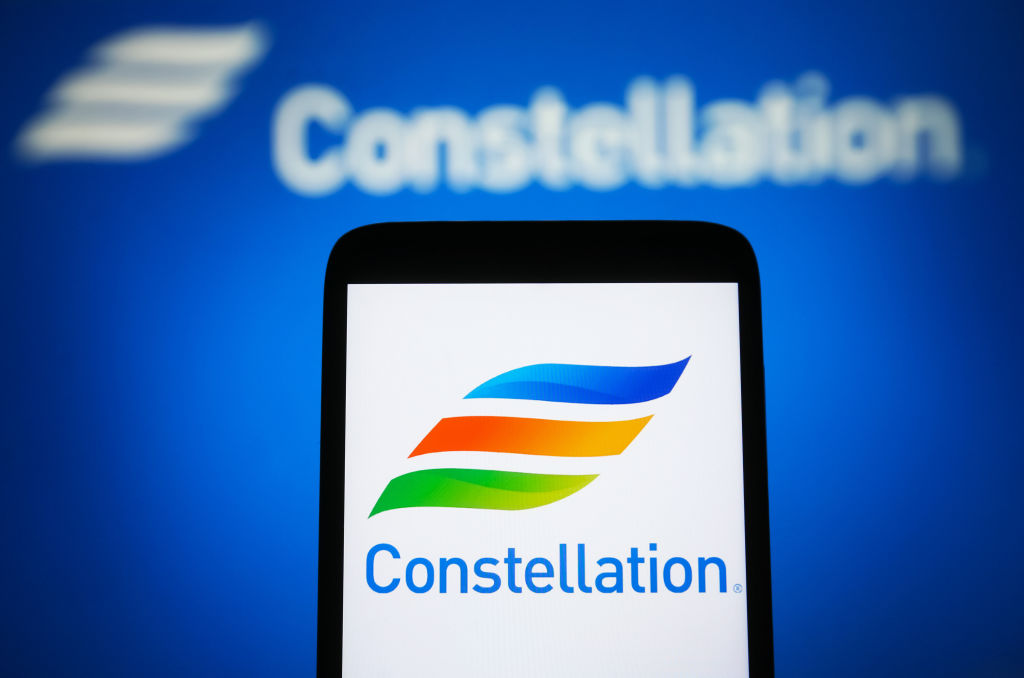 Constellation Energy Stock Soars on Its $26 Billion Buy. Here's Why Wall Street Likes the Deal
Constellation Energy Stock Soars on Its $26 Billion Buy. Here's Why Wall Street Likes the DealConstellation Energy is one of the best S&P 500 stocks Friday after the utility said it will buy Calpine in a cash-and-stock deal valued at $26 billion.
-
 The 24 Cheapest Places To Retire in the US
The 24 Cheapest Places To Retire in the USWhen you're trying to balance a fixed income with an enjoyable retirement, the cost of living is a crucial factor to consider. Is your city the best?
-
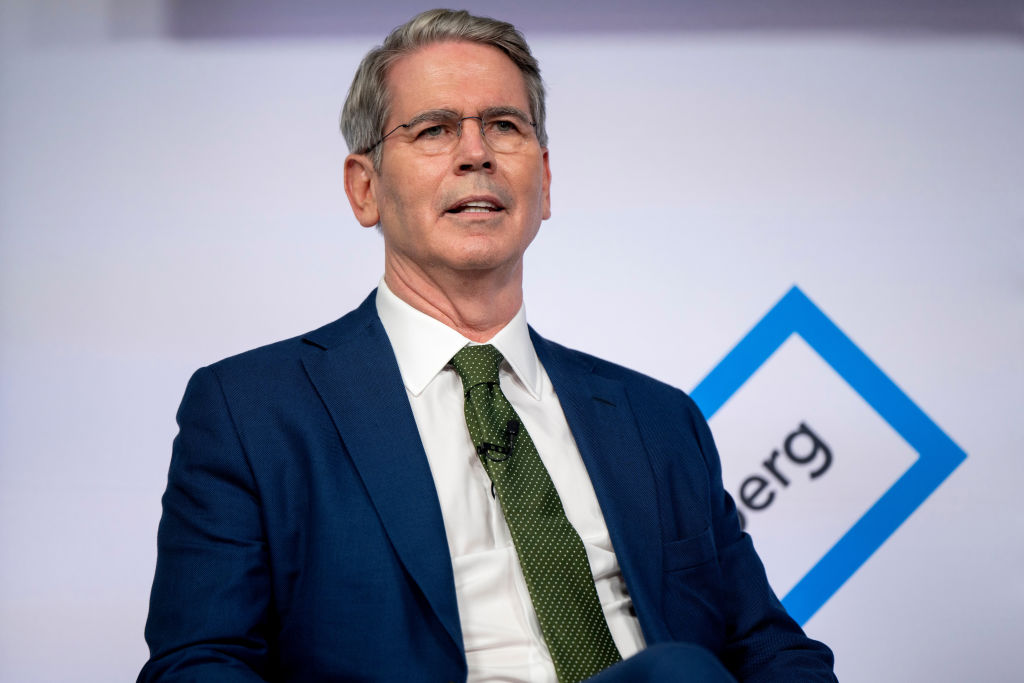 What Scott Bessent's Treasury Secretary Nomination Means for Investors
What Scott Bessent's Treasury Secretary Nomination Means for InvestorsMarkets are reacting positively to Trump's nomination of Scott Bessent for Treasury secretary. Here's why.
-
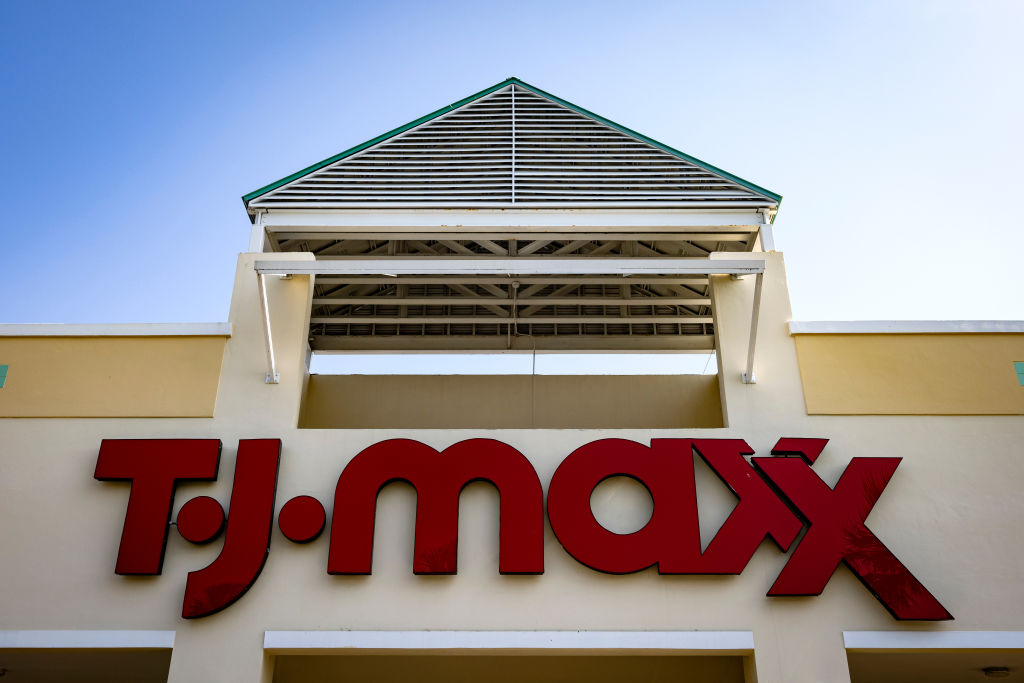 TJX Stock: Wall Street Stays Bullish After Earnings
TJX Stock: Wall Street Stays Bullish After EarningsTJX stock is trading lower Wednesday despite the TJ Maxx owner's beat-and-raise quarter, but analysts aren't worried. Here's why.
-
 Cisco Stock: Why Wall Street Is Bullish After Earnings
Cisco Stock: Why Wall Street Is Bullish After EarningsCisco stock is lower Thursday despite the tech giant's beat-and-raise quarter, but analysts aren't concerned. Here's what you need to know.
-
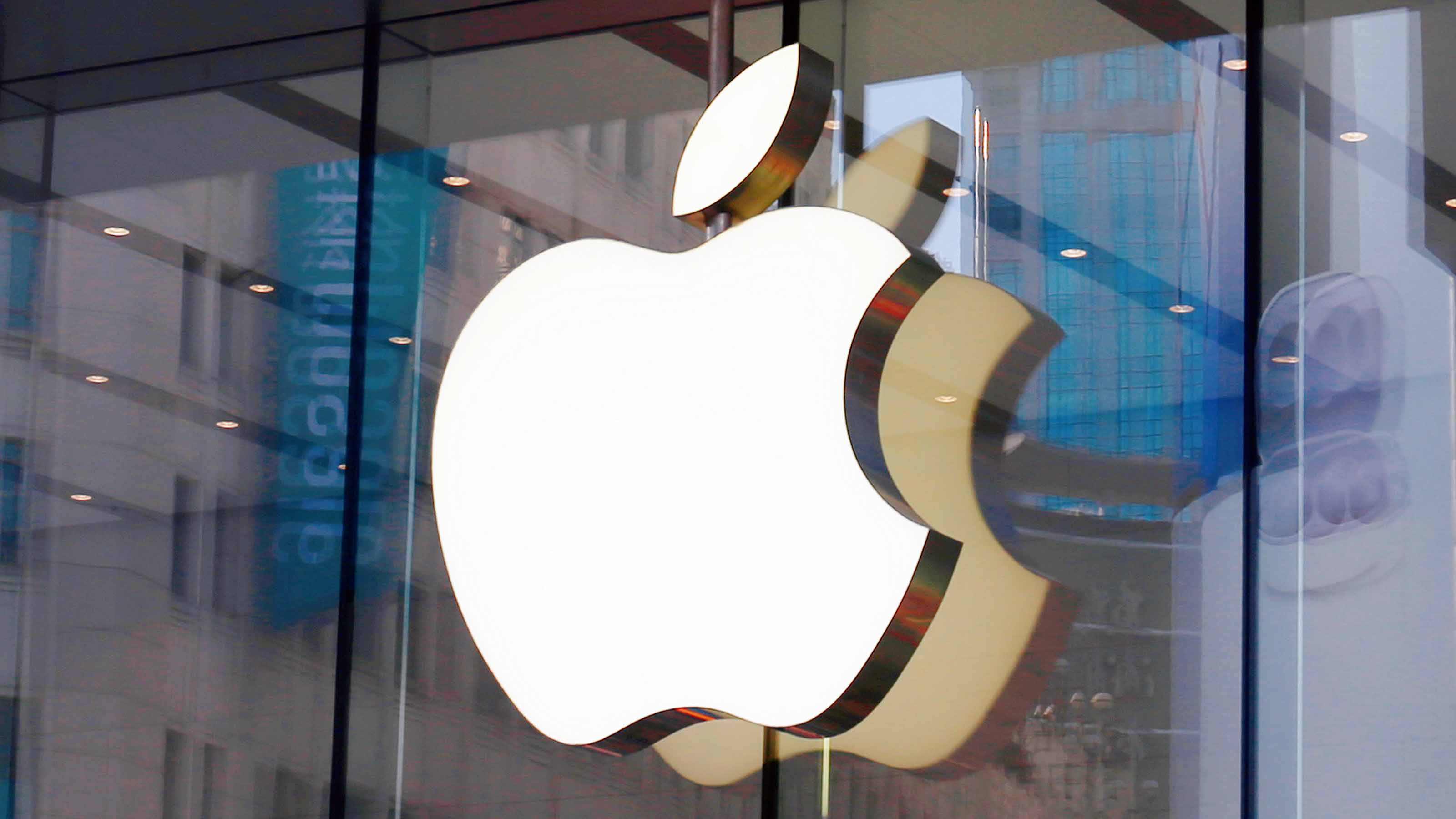 Apple Stock Slips After Earnings. Wall Street Isn't Worried
Apple Stock Slips After Earnings. Wall Street Isn't WorriedApple stock is trading lower Friday despite the iPhone maker beating expectations for its fiscal fourth quarter, but analysts are still bullish.
-
 Tesla's Robotaxi Event: What Wall Street Expects
Tesla's Robotaxi Event: What Wall Street ExpectsTesla’s robotaxi event kicks off next week. Here’s what Wall Street expects to see and how analysts feel about the stock heading into the event.
